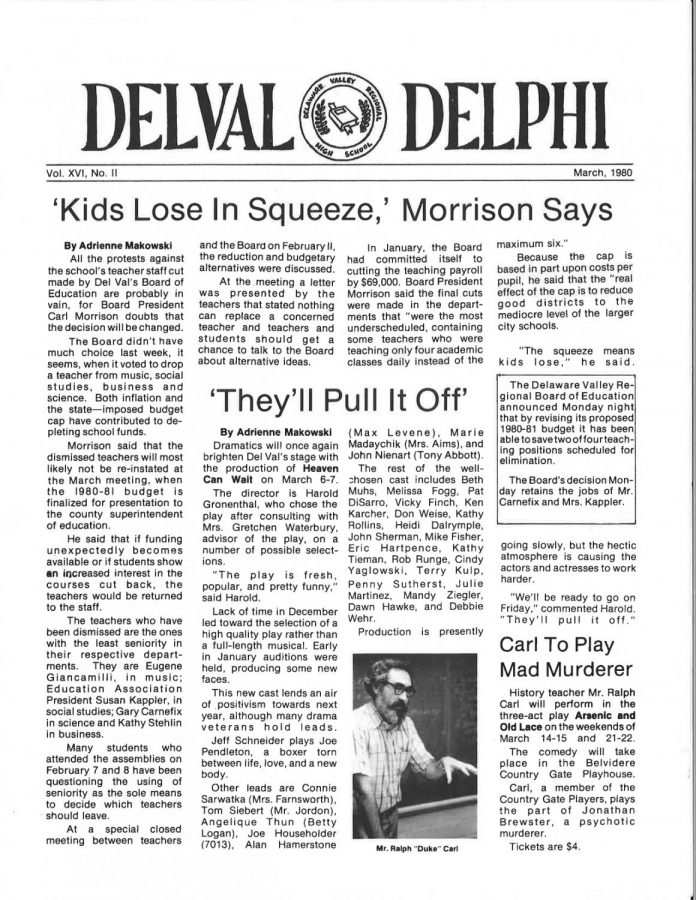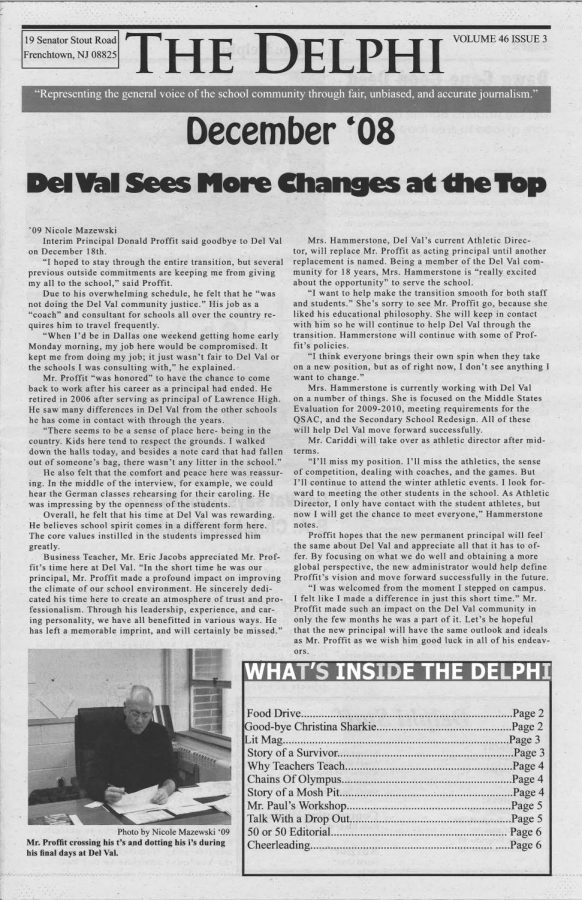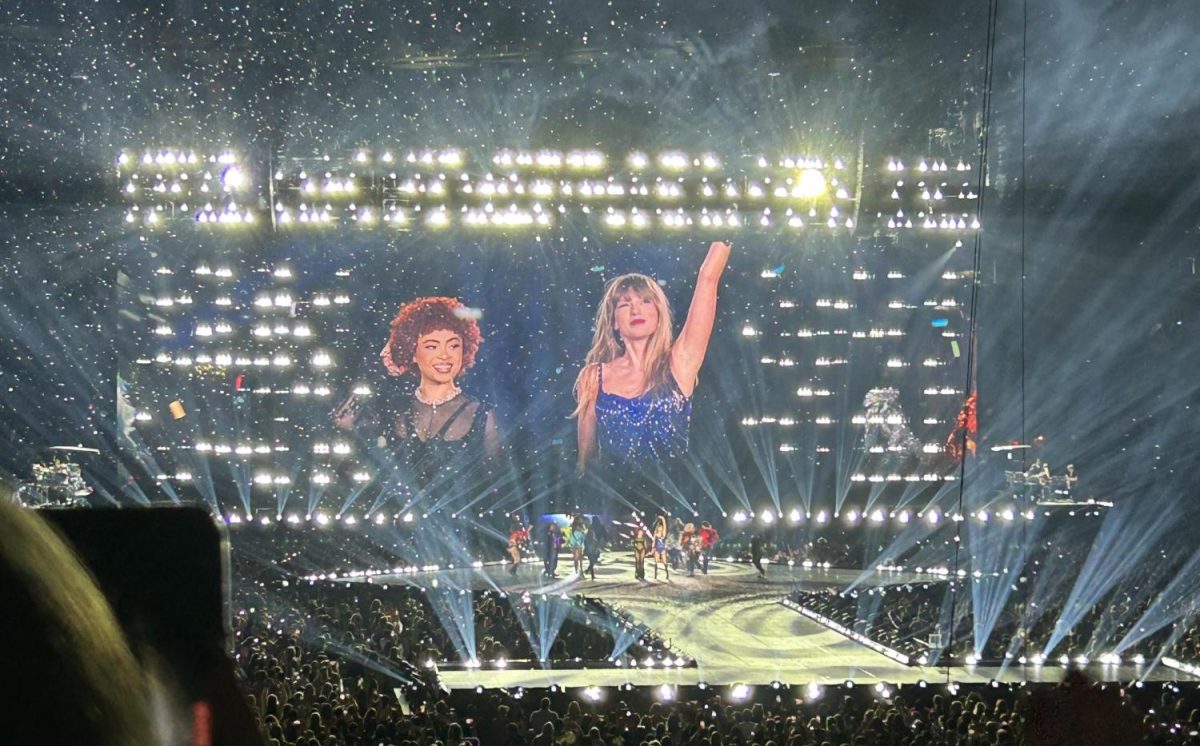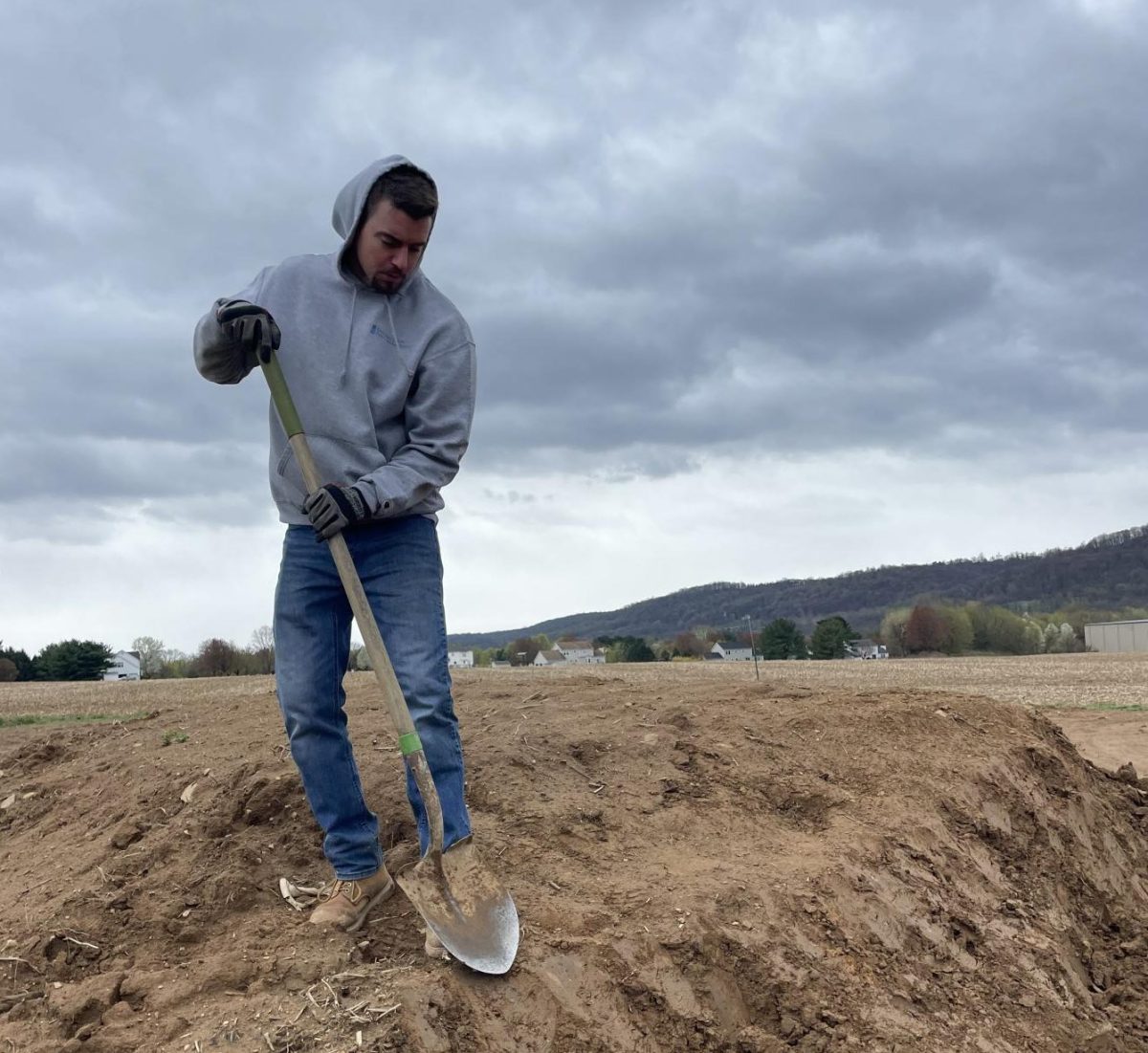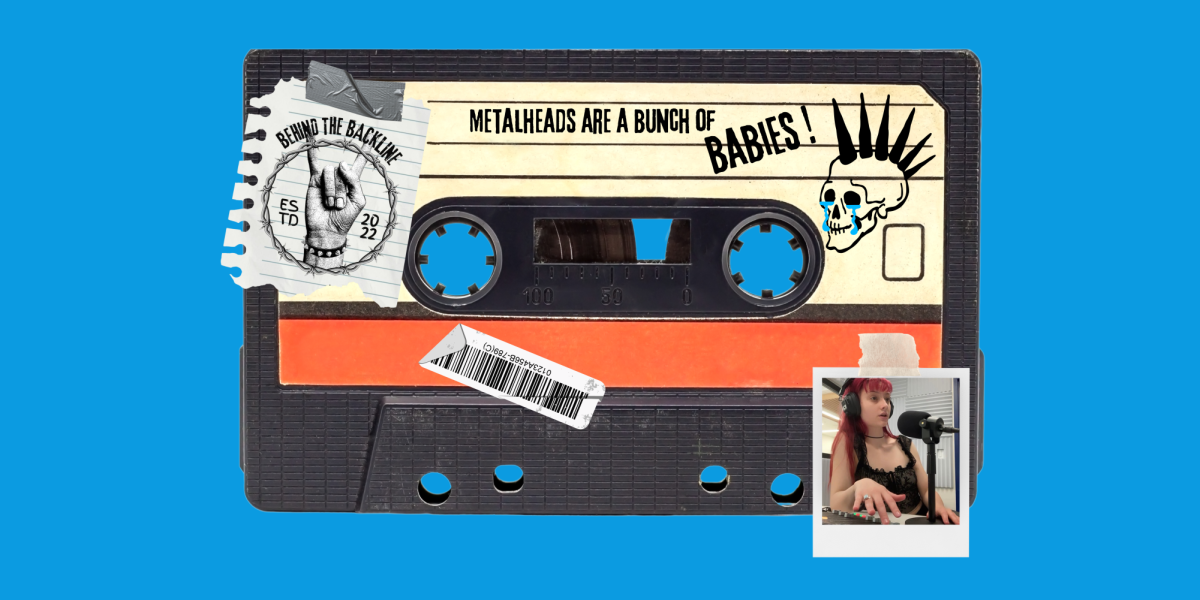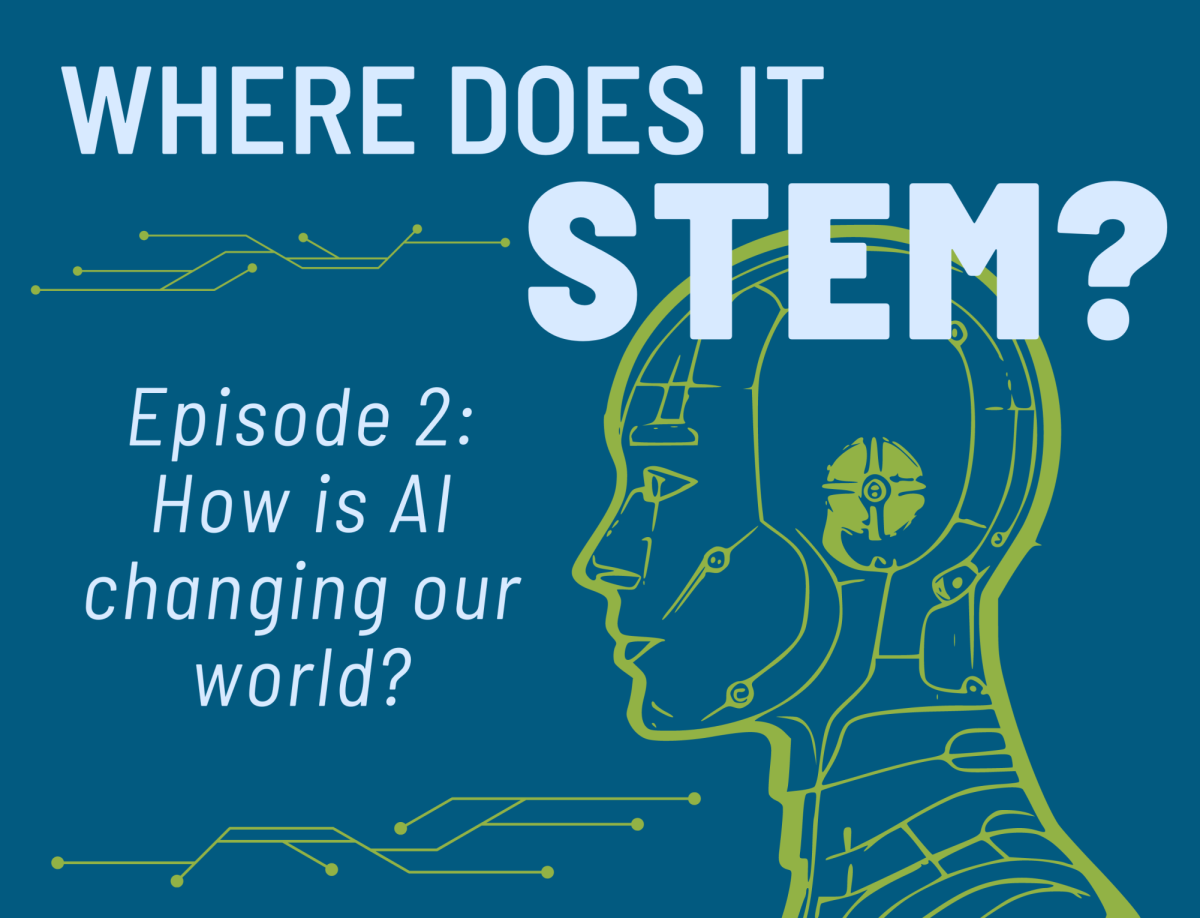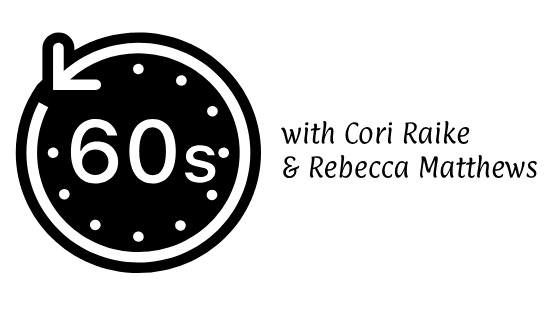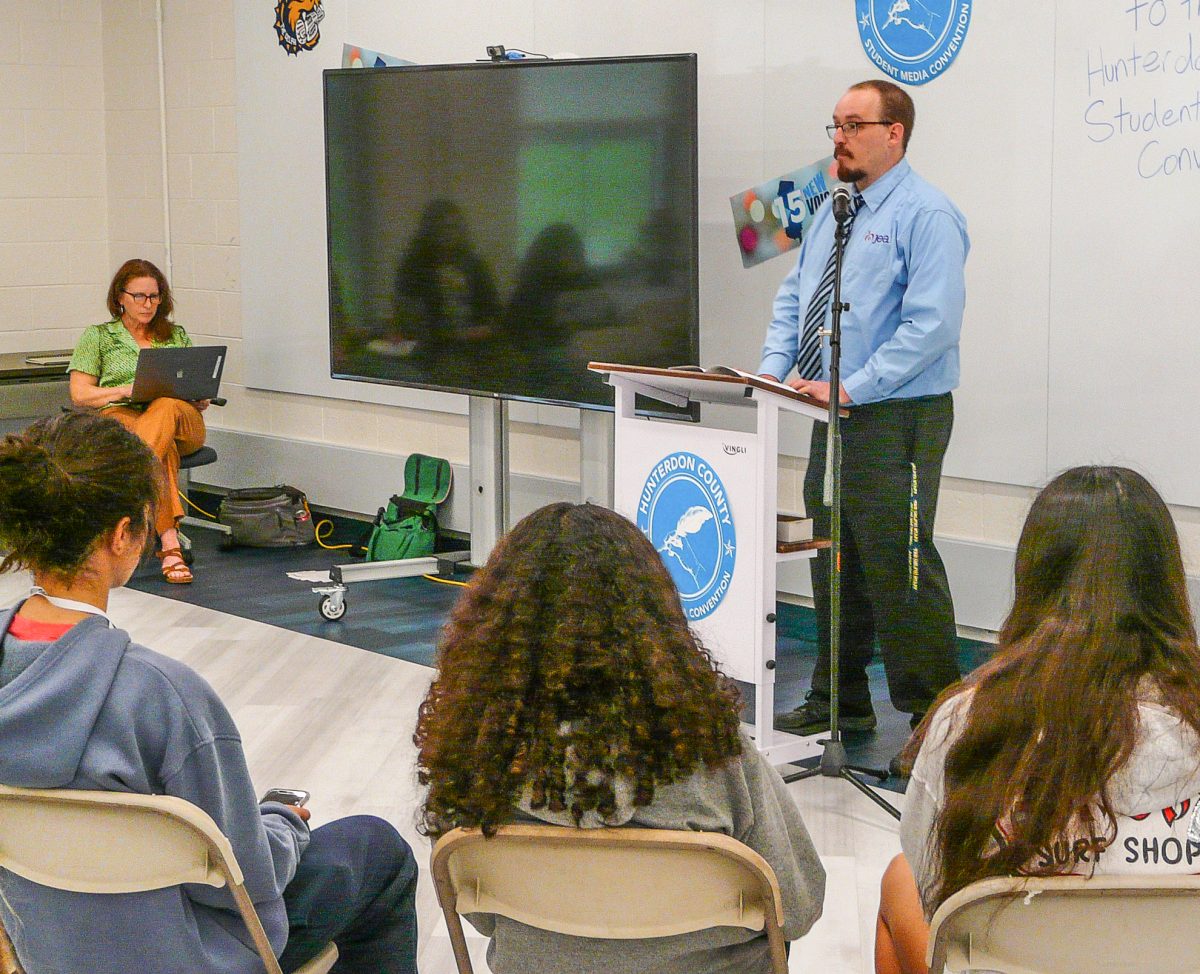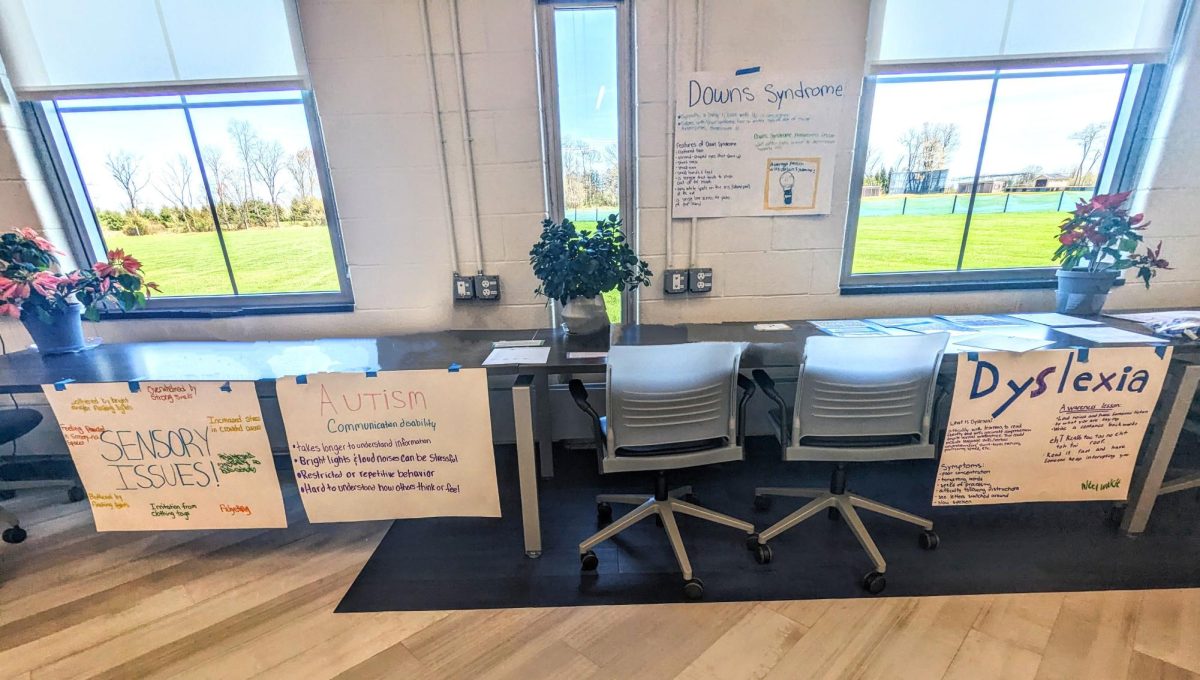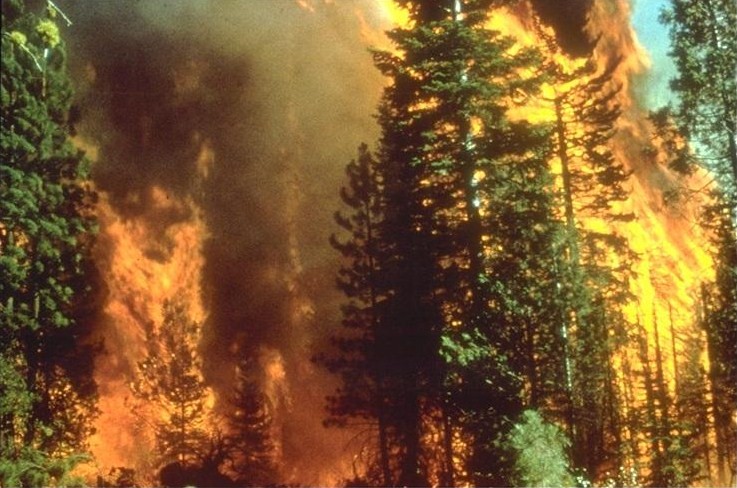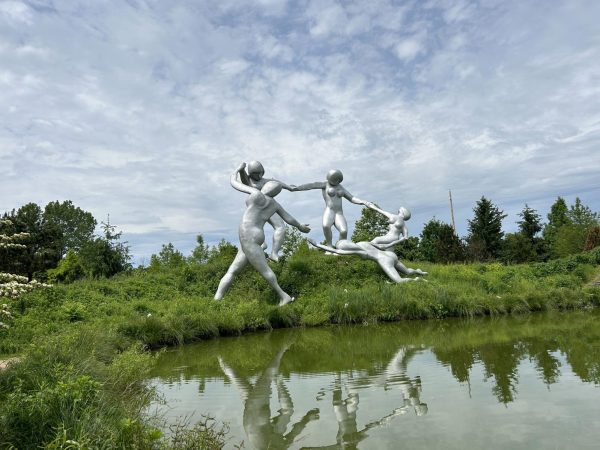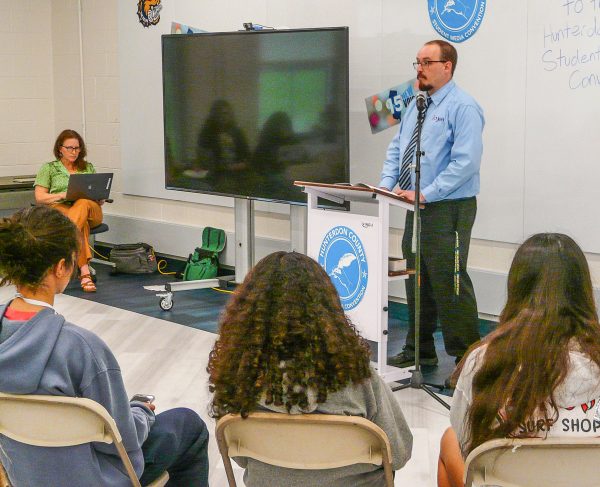Climate in crisis
Photo via Wikimedia Commons under Creative Commons license
The California Wildfires of 2020 are just one symptom of global climate change.
November 11, 2020
The Arctic is melting. Sea levels are rising. The climate is out of control, and it’s all because of climate change.
Every year, at least 150,000 humans die due to the effects of climate change. This includes extreme weather events, malnutrition related to weather-related crop destruction, respiratory illnesses from air pollution, and other deadly byproducts of the changing climate.
But there are other deaths beyond the human ones. Countless wildlife, domestic pets, and livestock are killed every year because of climate-related natural disasters and wildfires, as well as from habitat loss due to deforestation. All of these lives, both the human and the wild kinds, have been disrupted or destroyed as a direct result of the continuing climate crisis.
Many studies have shown that the leading cause of climate change is the emission of greenhouse gases, especially CO2, which over the past 200 years has been rising at an alarming rate. Mauna Loa, a volcano in Hawaii, has provided scientists with sample data since 1958, when the CO2 readings hovered under 300 parts per million (PPM). Currently, in 2020, the amount of CO2 in the atmosphere has soared to well over 400 PPM as a result of this exponential growth.
The coral reef absorbs almost a third of the CO2 emissions that are generated by burning fossil fuels. According to Oceanservice.noaa.gov, the ocean produces about 50-80% of the oxygen on earth. Many believe that trees are the leading producers of oxygen, but it is actually the reefs.
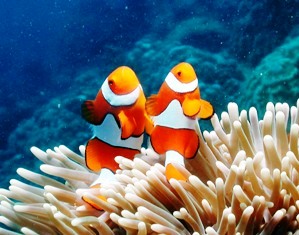
Right now, the ocean is suffocating under the plastic that is thrown there by careless people who don’t stop to consider the consequences of their actions. EcoWatch.com explains that the Great Barrier Reef needs at least 10 to 15 years in order to fully recover, but now that time stamp is no longer realistic. At the current rate, the reefs could completely die off by the year 2050. We can no longer put off action; make today the day that you commit to change for the sake of our planet.
If you’re curious about ways you can help our planet, here are some simple ideas: Go vegan! Switching to a plant-based diet helps lower the overall carbon footprint by reducing up to 9.6 billion tons of CO2 emissions over the course of a lifetime.
Another way to help is to switch from using single-use items in your everyday life; instead, use items such as reusable water bottles. This helps cut down on the amount of plastic being produced, which will end up in landfills. Metal straws, reusable produce bags, and reusable K-cups are just a few more items to invest in that can help cut down on the single-use problem.
The climate crisis demands strong and deliberate action, but for 60 years humanity has been doing the same actions to help “fix” the problem, and the only thing that has truly changed is that it has become much worse. The vast majority of scientists believe the planet is approaching a crossroads, and without immediate measures, humanity may never be able to reverse the approaching climate catastrophe.
We need to come up with more aggressive and comprehensive solutions before it is too late. This is not to say it will be easy, or that it is up to just one nation to make the difference; this requires a group effort among all countries. Generation Z has the power to lead the charge, and change is in our hands.











